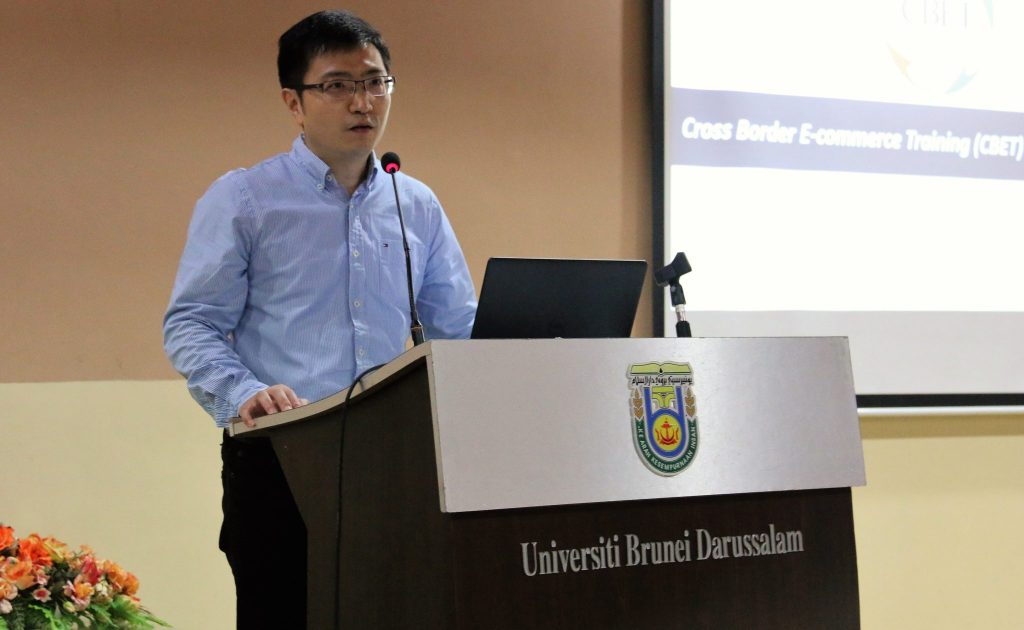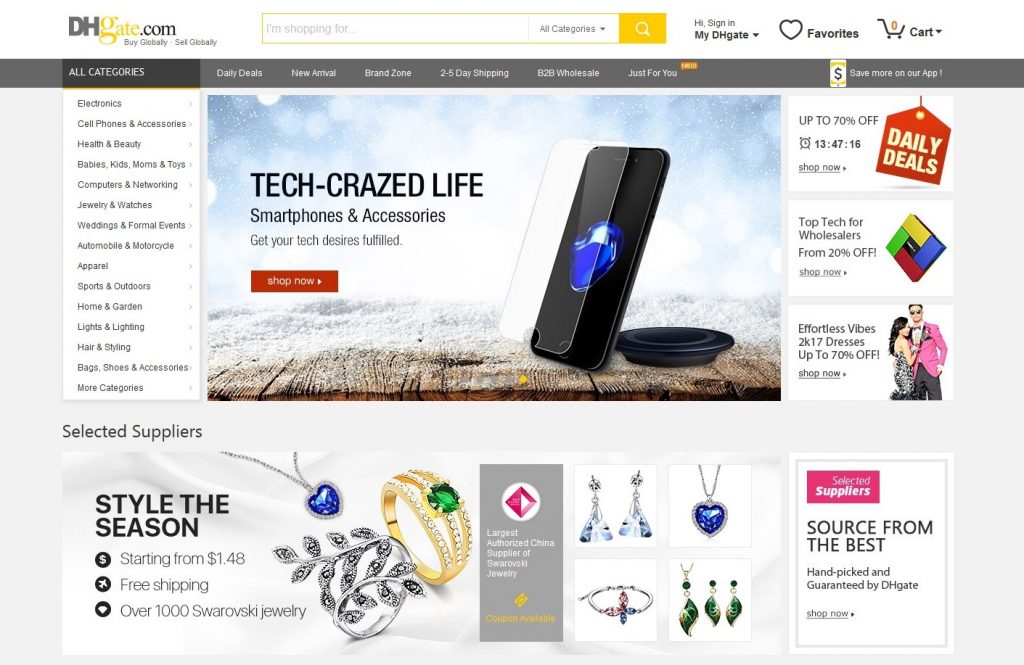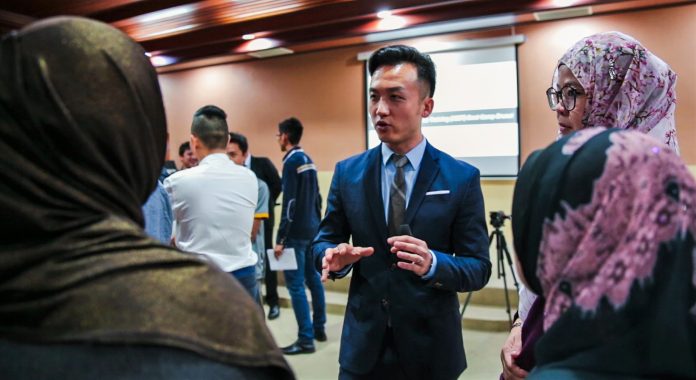480 million residents in Southeast Asia are projected to be active online by 2020 according to a recent report – yet e-commerce penetration has yet to hit double digits, and no one player has established itself as the dominant market player.
DHgate – China’s first cross border business-to-business (B2B) e-commerce platform – is looking at the region strategically, and according to its Vice President Tony Tao, Brunei is on their radar, having completed a two day boot camp for a 100 Brunei residents and businesses on how to do cross-border trading using e-commerce.
“Bruneians are high in social literacy and are tech savvy,” said Tao (pictured below), who says DHgate is looking to train 1,000 Bruneians to sell online within a year. “We also see the government’s interest in moving into e-commerce, and we would like to partner in pioneering a new industry here as well as in the region.”

The recent e-commerce bootcamp held at Universiti Brunei Darussalam last week, known officially as the Asia Pacific Economic Cooperation Cross-Border E-commerce Training (APEC CBET), is an initiative under the APEC Business Advisory Council (ABAC) of China, to which DHgate’s founder and CEO Diane Wang is a member to.
Tao says the training, which will eventually expand into a more comprehensive three month programme as DHgate’s strategic parntership with Brunei agencies moves forward, hones in on the necessary steps for micro, small and medium enterprises (MSMEs) need to take to get started in the global digital trade.
MSMEs can also pursue the option of parking their products on DHgate’s marketplace, he added, which is home to 1.4 million sellers, offering 40 million products altogether and serving 10 million buyers from 230 countries and regions.

“The e-commerce penetration is about 1% in South East Asia and we are (still) in a nascent stage,” said the former eBay employee, who added that e-commerce ultimately boils down to logistics, secure payment gateways and having MSMEs trained in how market and offer good customer service virtually.
Tao added that increasing research is backing e-commerce businesses as more nimble, adaptive to the changes of a globalized world. Pointing to a study by the University of Southern California’s Marshall School of Business, Tao cited that two thirds of export businesses that use e-commerce survived their first year of business, compared to just a third of offline, traditional brick and mortar export businesses.
DHgate added in a statement that the APEC CBET, which has trained over 3,000 MSMEs across 10 APEC economies, is tailored to the needs of businesses in their localized settings. At the end of each three month cycle, star students will be selected and provided with incubation resources including; start-up capital, offices, opportunities for partnerships and community relations, value added services and opportunities for marketing and promotion.

If you’re interested in the next cycle of the e-commerce bootcamp, please email your interest to Darussalam Enterprise at dare.ept@dare.gov.bn.












